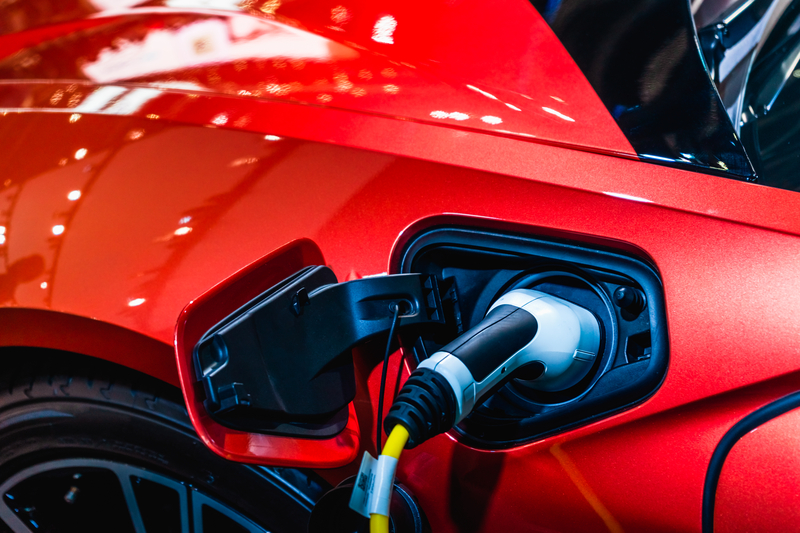TRENTON, NJ – New Jersey Governor Phil Murphy wants to create a society where every citizen of the Garden State drives an electric vehicle. In fact, in 2035, it will be illegal to sell gasoline-powered cars in New Jersey, but a new ruling from Communist China might make it harder, if not extremely more expensive, for Murphy to reach his EV Utopian deadline.
The problem is that in order to reach that goal, the U.S. EV industry is at the mercy of China.
Now, industry experts warn that China’s new restrictions on the export of graphite, a key component in electric vehicle (EV) batteries, could disrupt the global supply chain. The measures, which take effect December 1, will require export permits for high-end synthetic and key forms of natural graphite.
China, which dominates the global EV battery supply chain, announced the restrictions last Friday, exacerbating uncertainties among international manufacturers. The country controls both natural and synthetic forms of graphite, crucial in the production of anodes in EV batteries. Japan, South Korea, and the United States, major buyers of Chinese graphite, could face supply constraints and increased production costs as a result of the new policy.
While the Chinese government has stated that the restrictions are not aimed at any specific sector, analysts point out that graphite is also used in military equipment. Chinese manufacturers, some of which operate overseas, anticipate minimal impact on their operations. They largely rely on grades of synthetic graphite not covered by the new regulations.
However, overseas manufacturers may bear the brunt of the restrictions. Their slower transition from natural to synthetic graphite makes them more vulnerable to the export limits. Synthetic graphite is generally more expensive and more environmentally impactful to produce than its natural counterpart.
Several companies worldwide that rely on graphite are still seeking further clarification on the new measures. Qingdao Haida, a major Chinese graphite processor, acknowledged that the new requirements would make the export process more inconvenient, though it has yet to receive application guidance from China’s Ministry of Commerce.
This tightening follows China’s recent chokehold on international shipments of other critical minerals like gallium and germanium, used in chipmaking. The implications of these moves extend beyond the automotive sector, raising questions about the long-term stability and localization of global supply chains for critical materials.
Companies outside China are already strategizing to mitigate the impact. India’s Epsilon Advanced Materials announced plans to open a $650 million plant in North Carolina, aiming to develop synthetic graphite locally. Tesla supplier Syrah Resources, based in Australia, predicts increased purchases of natural graphite outside China ahead of the new controls.
The new restrictions underline China’s ongoing push toward synthetic graphite, particularly in overseas operations. Firms like Volkswagen-backed Gotion High Tech and the world’s largest anode producer, BTR New Material Technology, state that the measures will have a limited effect on their operations.
Overall, China’s tightening control over graphite exports signals potential shifts in the global EV industry, prompting companies to reevaluate their supply chain strategies.

